Sandro Chetcuti is no stranger to drama. His larger than life persona means that he is frequently mentioned in the media for a plethora of reasons. His particular focus since 2011 has been the Malta Developers Association of which he is a founding member and its President for the last six years. At time of going to print he was still mulling over the decision of whether to run for another term. The support he gets from his members is overwhelming, the majority of whom still feel he has so much to contribute towards the industry.
The founding of Malta Developers Association traces its origins to half a joke and a bet between its current President Sandro Chetcuti and prominent architect and former Nationalist Party Minister Michael Falzon. The first steps of the MDA brought together sixty-five prominent developers. By the end of 2011, Chetcuti promised that the MDA would have three hundred members; this was to the semi amusement of Falzon who did not believe there were so many potential members. Chetcuti’s drive saw that target achieved. Nowadays, the MDA has over 1,000 members.
Chetcuti believes that this was possible because the MDA was able to provide a sense of belonging to the group. The industry growth was occurring at the same time that Malta experienced a change in administration after two decades. The response the members gave showed that the MDA had gained their trust and that the industry would now be given more attention.
But like everything else no start is easy. It was an uphill struggle even because the business community was dominated by well established and heavily funded lobbies. However, with strong will and determination, Chetcuti became more resolute in making this new Association an even stronger voice for the industry. Chetcuti is grateful towards individuals like Michael Falzon who from the very beginning recognised his strengths and the fact that Chetcuti’s intention was to create a professional and level playing field for stakeholders in industry. It was time to roll up his sleeves and get to work and put pay to Falzon’s scepticism on the possibility of successfully creating an Association from scratch amongst people who were notoriously hesitant to join forces. Yet, with the industry passing through a rough time, developers realised that strength in numbers would be more beneficial for them. People in the industry started to realise that the Association meant well and was the start of a lobby which would be focusing on its members, collectively.
As former MDA Treasurer Paul Xuereb put it – “Sandro Chetcuti was pivotal for the industry to consolidate itself. The mammoth task of uniting developers was seen to be impossible. It was a very hard struggle in the beginning, but people underestimated his determination and drive. In a few months he become a force to be reckoned with!”
In 2013, with a change in administration, it was evident that the newly elected government was interested in reviving the industry and was intent in considering the MDA’s suggestions on behalf of the industry.
Thus, two-way dialogue commenced; frank and honest discussions on issues which the industry was facing. The Association wanted to drive solutions that concerned Urban Conservation Areas, proposals for Gozo, schemes for first- and second-time buyers, reductions in final withholding tax, reduction of taxes on family business transfers – these proposals which were subsequently accepted by Government, saw not only the construction industry benefiting but also business outside of the industry.
Chetcuti proudly states that this is exactly what happened: Malta experienced a flourishing industry – one of the largest the largest after the second world war. MDA’s contribution towards tax incentives and regimes facilitated a smoother progression facilitating the declaration of income for the developers and buyers since it was easier for them to comply with the new regulations. This in turn provided a steadier income going into the country’s reserves.
Some might accuse the MDA of favouring the large developers, but Chetcuti is adamant that this is not the case. On the contrary, under his stewardship, the MDA was very vocal against the authorities when the latter were not, in his opinion, acting fairly. A particular case was the selling of public land to private entities – rather than going through a process of tenders and proper valuations and thus resulting in an unlevel playing field; it was the MDA that produced vociferous complaints and criticism against the government. The MDA was not afraid of seeing the government uncomfortable with the Associations’ opposition to what the authorities were proposing.
An incident that comes to mind is the White Rocks project. The MDA was able to halt proceedings as it was not satisfied with the way the government was dealing with the procedure regarding this one of a kind stretch of public land.
“The Malta Developers’ Association treats its members equally. There is no concept of inner circles or preferred membership. Our Members will be given a voice to ensure that injustices are not carried out, even if it means the MDA will be challenging Government decisions, head on.”
Corporate Social Responsibility in the construction industry; an industry which has a significant impact on the community, can extend in many directions. The MDA is known to collect substantial amounts of funds during campaigns such as the Malta Community Chest Funds’ annual fundraising bonanza L-Istrina. Chetcuti explains that over the years the Association has garnered over a million Euros to these causes. Yet, this show of generosity still attracts some criticism.
“People outside the industry do not appreciate it if a member offers ‘just’ €2,000 towards L-Istrina. They think that because people are in the business of construction they ought to donate more, and therefore such donations might work against them. Little do they understand that profits connected to an apartment block project are not as much as they perceive them to be. The perception is that people in the industry are greedy – this is thoroughly unfair as I can state with absolute certainty that the vast majority are hard-working individuals, who take substantial risks and who ensure that they pay their employees first, before anything else.”
The aspiration of the MDA was to argue about industry policies and the application thereof. It was about representing the industry and creating steps that were advantageous to the industry as a whole
Chetcuti admits that there are some shady people, hiding behind a pseudo legitimate front, but one cannot put everyone under the same umbrella. Working legitimately and above board in this industry does not allow for the high profits the general community might perceive.
So, what would the answer be to the question – how does the MDA benefit its members? One of the MDA’s priorities is to work on policies and legislation that affect the industry. There is no holding back in criticising the authorities if the decisions taken do not make sense – a case in point is the recently introduced Rent Law. Whilst it is by no means what the MDA recommended; the MDA’s positive input meant that the Law’s negative impact has been mitigated.
A considerable challenge is supporting those who have suffered or have perceived to suffer an injustice. The MDA has a wide network of experts that can help settle any discriminatory actions as well as help educate and provide awareness to those who might not be fully conversant with the relative policies and legislations. Here Chetcuti emphasises the need for the smaller businessman to become a member – this is mostly because they have less of a strong operational setup than the larger entities who are in a better position to afford having good consultants and experts on their books. Having less of a knowledgeable team might result in more costly mistakes being done – “the MDA will help,” he explains. “Ultimately, it is all about representing the members and their interests. The MDA is very competent at communicating with its members. This is perhaps one of its biggest successes.” However, some, mainly those not involved directly in the industry will be the last to appreciate the work the MDA does.
Chetcuti has no qualms about accepting this – he understands that they unfortunately, some people only understand the repercussions of having construction carried out in their neighbourhood – and the noise, dust, pollution, debris and heavy vehicles that this brings with it. Here Chetcuti thinks it is time for a discussion concerning compensation. It is imperative though, that this does not increase additional burdens onto developers who have numerous hidden costs that many are not fully aware of.
The Malta Developers Association treats its members equally. There is no concept of inner circles or preferred membership
Both Falzon and Xuereb feel that the label of ‘money grabbers’ and exploiters of workers are unjust adjectives that are given to developers. For example, Chetcuti continues to explain that few people know that a developer has to pay a road contribution even if the road has already been constructed. Contributions are paid towards drainage and services, and hundreds of thousands of euros are required to be contributed for parking spaces, insurance policies to cover for any damages happening on a construction site: “We all know that insurances take their time to investigate and compensations take time to be given – unfortunately not many people understand this”. In the MDA’s defence, Chetcuti reminds us that the Association has worked hard to implement standards that contribute to better working environments and more protection towards the stakeholders – the list is immense. A case in point is many social developments.
Launching the MDA Academy, collaborating with the BICC promoting the Skill Cards, launching the National Contractors Registry alongside Malta’s Building Regulations Office, are apt examples of how Sandro Chetcuti steered the MDA towards the regularisation and standardisation of the construction industry under Sandro Chetcuti’s tenure.
What people see is the end product such as when a minister is inaugurating the refurbishment of sports venue on the news – all well and good, but generally such developments are funded through the money developers are required to pay in their course of business. Chetcuti wryly comments that politicians take credit whilst developers take the flack. Developers should not just take all the blame – one has to keep in mind that a developer has a lot to lose. There are so many stakeholders in this business that everyone has to take responsibility. It is not fair that a developer takes the fall if an architect or a builder makes a mistake. Of course, the MDA needs to put in some more effort to show how citizens are actually benefiting from such initiatives.
I owe my loyalty to the industry not to a political party
Construction keeps on happening – but as perit Falzon explains, the demand was there – no one will invest money in a project just for the fun of it; there would be too much to lose. Perhaps Paul Xuereb provides the best analogy – “If someone walks into a shop to buy two dozen cheesecakes – and we all know that these are not the healthiest of options, would – or should the seller say no? Let’s be honest, he wouldn’t. So there is no point in blaming the MDA and who is at its helm for such an active industry.” Furthermore, property was always seen by the Maltese as a safe way to invest their money – this was not some new type of fad – to the contrary it was a very traditional approach that has stood the test of time.
How can the MDA rebuff those claims? – Unless Malta’s development is planned meticulously the MDA cannot do much, however Chetcuti reminds that it was the MDA who managed to convince the government, back in 2013, not to accept the thousands of applications that would have substantially reduced Malta’s already limited countryside. Chetcuti admits when prompted that he too owned such property which would have escalated in value had the MDA not convinced the government to maintain the integrity of the countryside zones.
The MDA does not directly assist financially. However, its input has an indirect impact – this is done through lobbying for the right policies to be implemented, to ensure a sustainable industry in the longer term and of course ensure that the policies implemented are translated properly to its members. Chetcuti wants to clarify that the MDA is not a union for the actual workers but a voice for the businessmen and self-employed entities.
Sandro Chetcuti was pivotal for the industry to consolidate itself. The mammoth task of uniting developers was seen to be impossible. It was a very hard struggle in the beginning, but people underestimated his determination and drive. In a few months he become a force to be reckoned with!
Paul Xuereb, Proprietor of Hard Rocks Business Park
Yet, indirectly the MDA contributes to the well-being of workers and their families through ensuring that the Health and Safety standards are adhered to, that the proper on-site precautions are taken, and basic education in these matters are provided. The MDA Academy has been launched to ensure that matters that are of essence to the industry are communicated and made available to all.
Sandro Chetcuti has often been portrayed as cosying up to the government. He explained that this is because in 2013, like many other businessmen, he felt that there was a need for change. Yet, he asserts, he is very much his own man and no political party is going to take him for a ride.
“I am my own man. I like to consider myself as a leader and thus am not going to let any party use me as a scapegoat or try to fool me and the MDA’s members I work so hard for. I owe my loyalty to the industry not a political party. I will always say what I have to say in the interest of the industry – even if this makes me enemies. I have no regrets whatsoever.”
He is not afraid to state publicly that as much as positive changes were implemented, there were still concerns that the MDA was not satisfied with and would keep challenging the government on. The industry is not about being labelled pro-Labour or pro-Nationalist – in fact the Association consists of supporters from both ends of the spectrum; the Association has built a good rapport and solid reputation with both parties and will continue to fight for its members, irrespective of their political affiliations.
If someone walks into a shop to buy two dozen cheesecakes – and we all know that these are not the healthiest of options, would – or should the seller say no?
Chetcuti concludes the interview by reiterating that he is not afraid to negotiate with any political party. His role in the MDA is carried out of a passion for the industry – certainly not financially – particularly when one considers the responsibility it carries.
If the government does not employ the right people with the right expertise, then the first to suffer will be the Maltese population – with social benefits and the local coffers being the first to be negatively impacted.
There is no doubt that Chetcuti is good at what he does. He is not afraid of insisting vociferously on his way through challenges to ensure that the community he represents get a fair deal and a level playing field. He might not always be popular but this does not faze him and whilst he is at the helm of the MDA he will continue working tireless for the best interests of the industry.
Whilst people within the MDA have had their differences with Chetcuti, most agree that he is persistent and results oriented, but in the end he is the glue that keeps things together. Clearly, Chetcuti’s heart is in the right place. Maybe after all, his larger than life persona is what the industry needs to be sustainable in the longer term.
Time will tell.

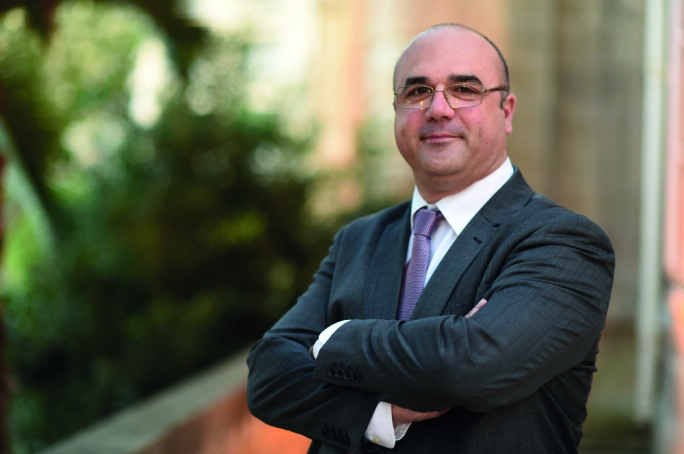
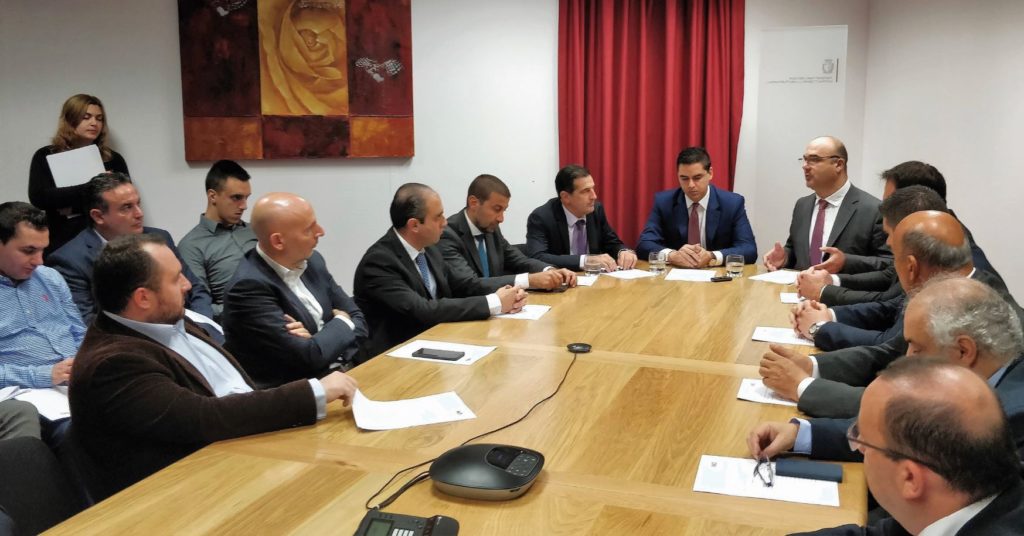

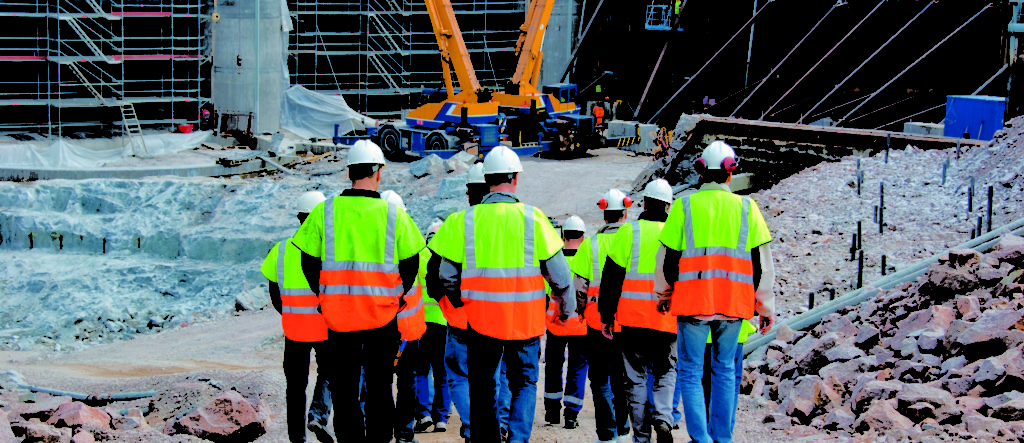
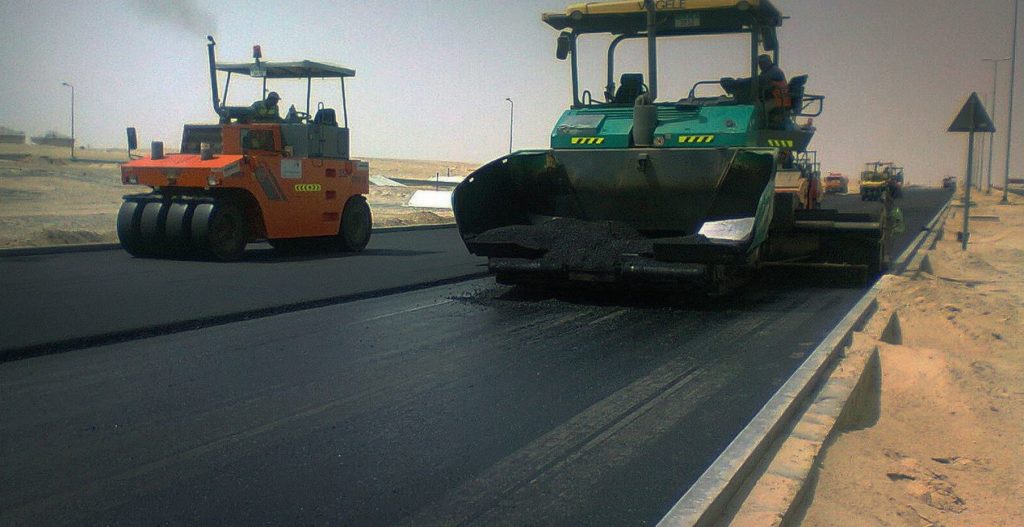
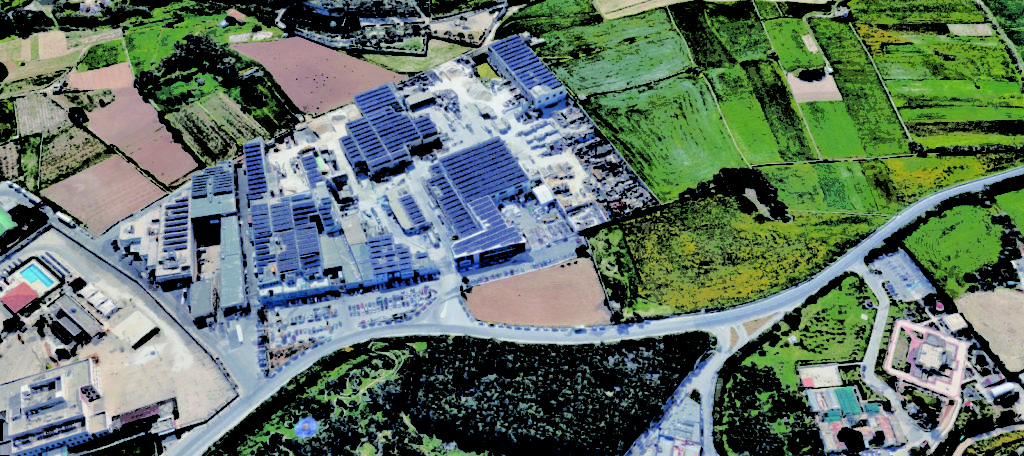
Comment